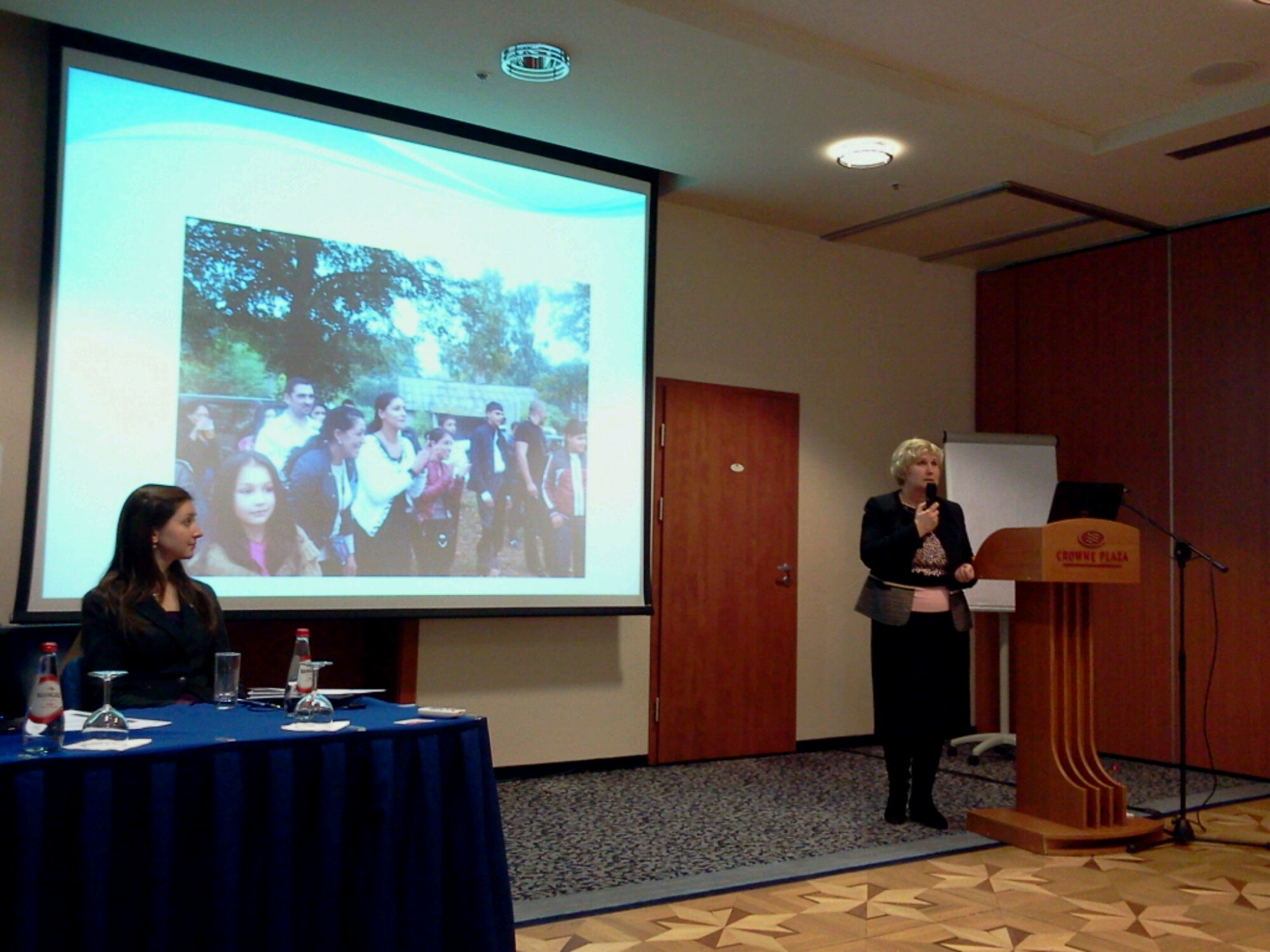Good news: colleagues from my old job at PPMI have finalized the project Evaluation of the impact of EU structural support on the implementation of the horizontal priority “Gender equality and non-discrimination” for the Lithuanian Ministry of Finance, where I was the key researcher and did most of the data collection and analysis. As I have written for PPMI website in the conclusions of the final conference, “the evaluation stated that groups experiencing discrimination benefited from EU structural investments, as illustrated by project case studies and a short promotional video created in the framework of this evaluation. However, there was a lack of a strategic approach to the horizontal priority and coherence at the level of Operational Programmes. This will have to be strengthened during the new programming period. Although the evaluation found similar trends in neighbouring countries, the cross-country comparison allowed identifying practices worth learning from. E.g. in Poland there was an inter-institutional equality network in place, Sweden benefited from the competences of equal opportunities experts at the local level, Latvia commissioned sectoral guidelines for the construction sector, and a goal to combat stereotypes was put forward in Estonia. The findings of the evaluation were presented discussed with stakeholders at an international conference. Representatives of project managers, NGOs, various ministries and the European Institute for Gender Equality took part.”
An important part of the project was a conference on 30 January 2014 in cooperation with the Lithuanian Ministry of Finance. In addition to presenting most of the evaluation results, I was responsible for drafting the conference program and the overall coordination. The event, which attracted over 70 participants from EIGE, Lithuanian state authorities, social partners, NGOs and project beneficiaries, served as a forum to discuss the implementation of gender equality and non-discrimination during the 2007-2013 programming period and preparations for its implementation in 2014-2020 on the basis of preliminary evaluation results, experiences of the Lithuanian project beneficiaries and administrations of other EU member states. Participation of end beneficiaries made the discussions colorful and lively. Experts from Latvia, Estonia and Poland who also participated in this event shared their countries’ achievements and good practices in the area of gender equality and non-discrimination.
The products of our work will include guidelines for project managers, as they will be expected to be more attentive to equal opportunities when they apply for funding from the EU structural and cohesion funds. When the report goes online, I will post a link here.


